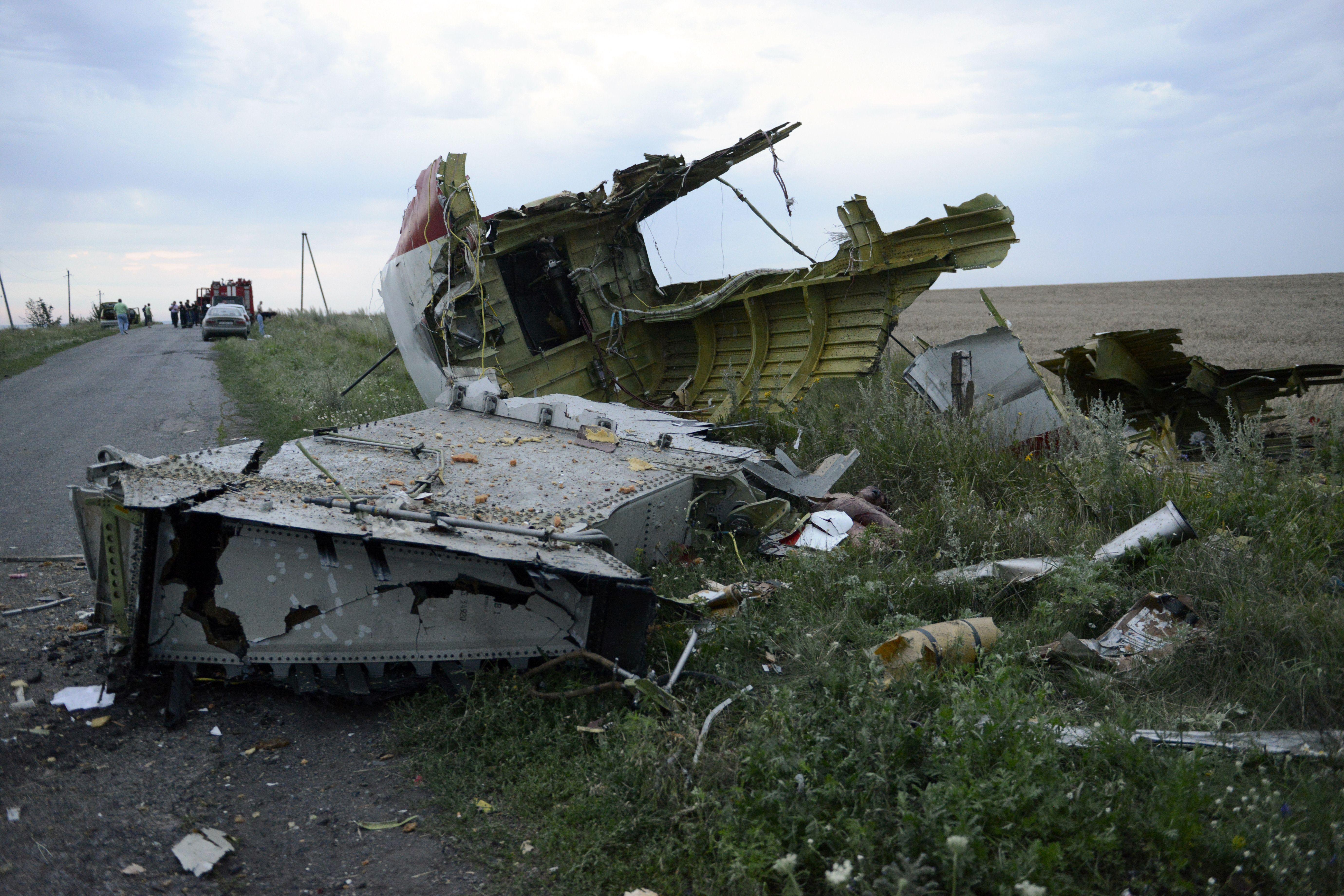U.S. intelligence agencies now say they believe that the Malaysia Airlines flight that crashed in eastern Ukraine today was brought down by a surface-to-air missile. If nothing else, the incident is going to put the crisis in Ukraine back on the international agenda.
Speculation about what this may mean for the crisis has already begun, with responses ranging from Jacob Heilbrunn’s fears that this is a Lusitania moment that could draw the U.S. and Russia into a new world war, to Marc Champion’s more optimistic take that this could be the catalyst to de-escalating the conflict.*
I’m going to not-so-boldly suggest that it will likely be something in the middle. In fact, it’s quite possible the incident won’t change the underlying dynamics in Ukraine that much at all.
As Mark Leon Goldberg smartly points out, “One of the key distinguishing features of the conflict in Ukraine is that the USA and Russia have not been able to agree to a simple set of facts about the crisis.”
This has been true up until now and already seems to be true of the MH17 crash, with Vladimir Putin suggesting that the crash is Ukraine’s responsibility because it took place over Ukrainian territory and the Russian media already putting the blame on the Ukrainian military.
Any smoking-gun evidence tying separatist rebels to the crash or the separatists to Russia will be spun and denied. The rebels will deny they shot down the plane, and the Russian government—as it has continually—will deny that it is supporting the rebels.
There will be pressure on the U.S. to respond forcefully against Russia, but new sanctions were announced just yesterday. The high number of European casualties on the plane may spur calls for the EU to step up its sluggish response, but those measures were also already in the works.
The incident may result in a temporary lull in violence—separatists are apparently open to a three-day cease-fire—but my guess is that before long the Ukrainian military will restart its offensive against the rebels and, once Ukraine dips out of the headlines a bit, separatist activity including the supplying of fighters with arms from Russia will continue.
When the story eventually falls out of the headlines—and it certainly already has competition—the conflict will likely remain. I should note that while all the examples of passenger planes being shot down mentioned in my last post raised global tensions, none of them actually led to a war, or ended one.
*Correction, July 17, 2014: This post originally misspelled Jacob Heilbrunn’s last name.
